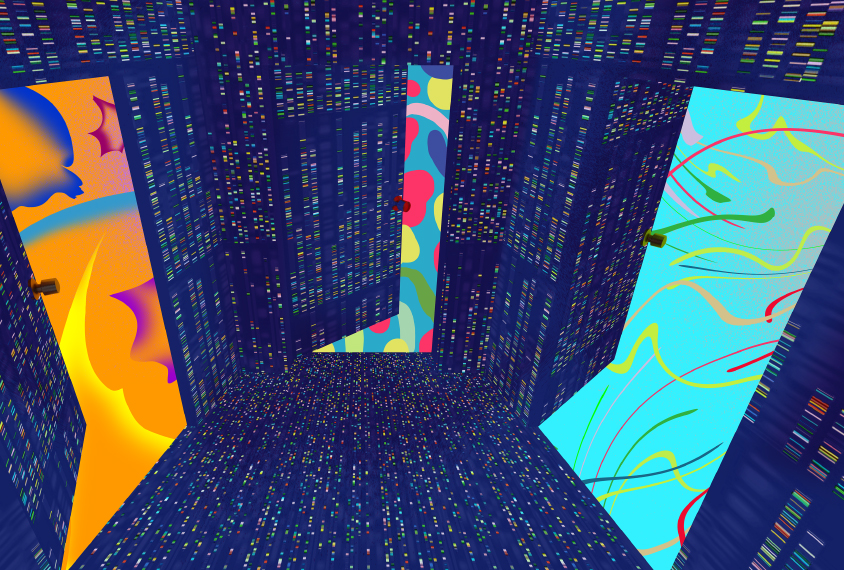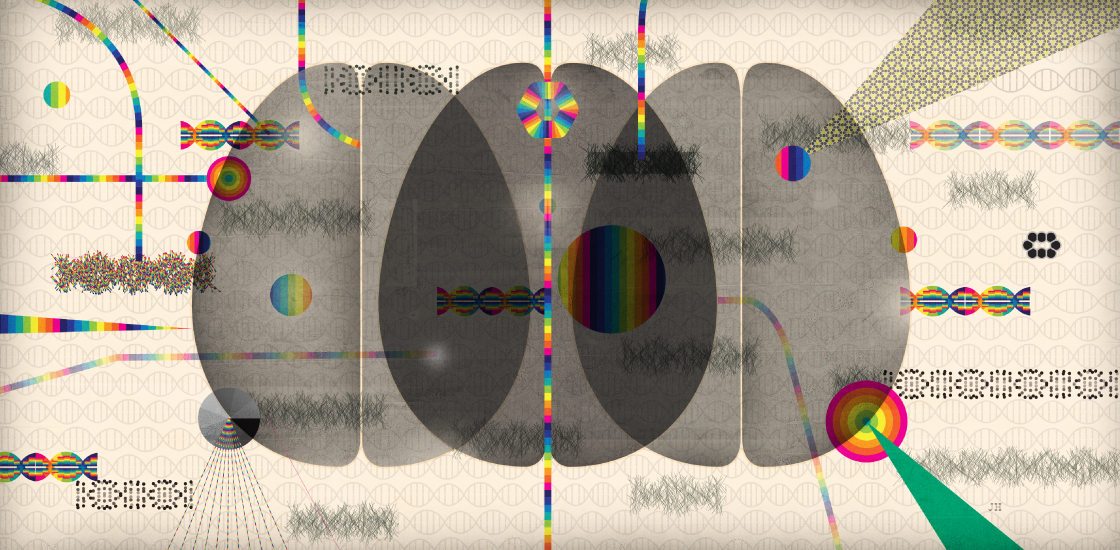Lilia Iakoucheva is associate professor of psychiatry at the University of California, San Diego.

Lilia Iakoucheva
Associate professor
University of California, San Diego
From this contributor
The future of autism therapies: A conversation with Lilia Iakoucheva and Derek Hong
If a therapy for autism’s core traits makes it to market, it will likely take one of three forms, the researchers say.

The future of autism therapies: A conversation with Lilia Iakoucheva and Derek Hong
Tangled web of proteins holds clues to autism’s complexity
Understanding how mutations in genes linked to autism perturb the different versions of proteins the genes form could reveal new targets for treatments.

Tangled web of proteins holds clues to autism’s complexity
Explore more from The Transmitter
Dendrites help neuroscientists see the forest for the trees
Dendritic arbors provide just the right scale to study how individual neurons reciprocally interact with their broader circuitry—and are our best bet to bridge cellular and systems neuroscience.

Dendrites help neuroscientists see the forest for the trees
Dendritic arbors provide just the right scale to study how individual neurons reciprocally interact with their broader circuitry—and are our best bet to bridge cellular and systems neuroscience.
Two primate centers drop ‘primate’ from their name
The Washington and Tulane National Biomedical Research Centers—formerly called National Primate Research Centers—say they made the change to better reflect the breadth of research performed at the centers.

Two primate centers drop ‘primate’ from their name
The Washington and Tulane National Biomedical Research Centers—formerly called National Primate Research Centers—say they made the change to better reflect the breadth of research performed at the centers.
Post-infection immune conflict alters fetal development in some male mice
The immune conflict between dam and fetus could help explain sex differences in neurodevelopmental conditions.

Post-infection immune conflict alters fetal development in some male mice
The immune conflict between dam and fetus could help explain sex differences in neurodevelopmental conditions.